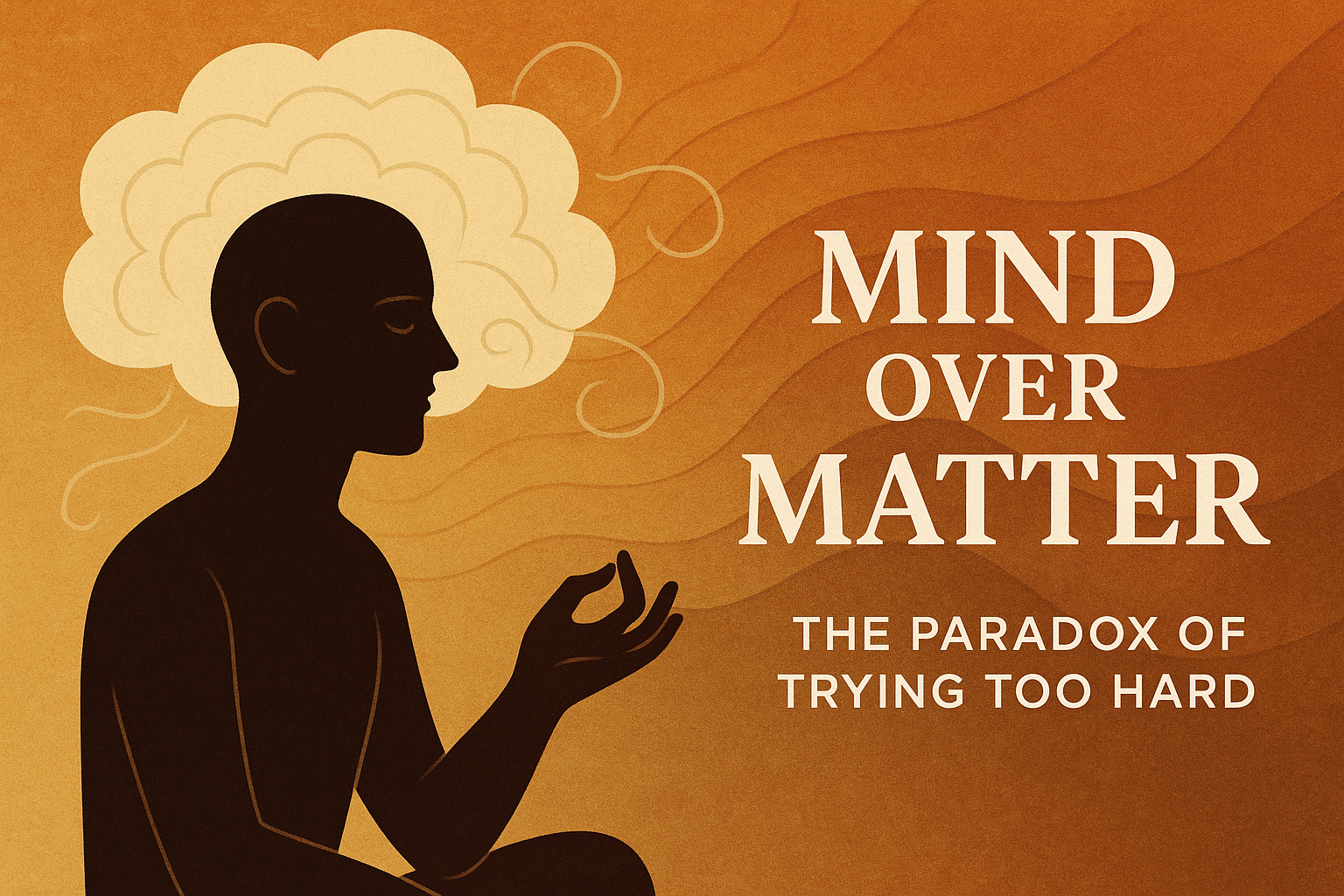Letting Go of the Weight
Understanding Responsibility in Relationships

In our journey through life, the relationships we cultivate often come with a deep sense of responsibility. We care for our loved ones and want to support them, but this can sometimes lead to an overwhelming sense of obligation. If you’ve ever felt the weight of being responsible for the happiness of others, you’re not alone. In this post, we’ll explore the nuances of responsibility in relationships and how to navigate it without losing yourself in the process.
The Nature of Responsibility in Relationships
Responsibility in relationships is a natural part of caring for others. It can manifest in various ways, such as offering emotional support, sharing burdens, or making sacrifices for those we love. However, when the weight of responsibility becomes too heavy, it can lead to stress, resentment, and burnout.
Key Considerations:
- Understanding Your Role: It’s essential to recognize that while you can support and care for your loved ones, you are not responsible for their happiness or emotional well-being. Each person is responsible for their own feelings and reactions.
- Identifying Limits: Reflect on your boundaries and what you are willing to give. Knowing your limits can help prevent feelings of overwhelm.
The Impact of Pleasing Others
For many, especially those with a history of people-pleasing, the urge to take on too much responsibility can be strong. This desire often stems from a need for approval or fear of conflict.
Navigating the People-Pleasing Mindset:
- Recognize Patterns: Acknowledge when you feel compelled to please others at the expense of your own needs. Notice how this pattern affects your well-being and relationships.
- Shift the Focus: Instead of seeking validation from others, work on building self-acceptance and confidence in your choices. This shift can help alleviate the pressure to take on unnecessary responsibility.
Setting Healthy Boundaries
One of the most effective ways to manage responsibility in relationships is by establishing healthy boundaries. Boundaries are essential for maintaining your well-being and ensuring that your relationships are balanced and supportive.
Tips for Setting Boundaries:
- Communicate Openly: Discuss your boundaries with your loved ones. Be clear about what you can and cannot do. Open communication fosters understanding and respect.
- Practice Saying No: It’s okay to say no when you feel overwhelmed or unable to take on additional responsibilities. Saying no is a crucial aspect of self-care.
- Prioritize Self-Care: Make time for yourself and engage in activities that recharge your energy and spirit. When you take care of yourself, you’ll be in a better position to support others.
Embracing Mutual Responsibility
Healthy relationships thrive on mutual responsibility. Encourage your loved ones to take ownership of their feelings and actions while you do the same. This approach fosters a sense of equality and collaboration in relationships.
Building a Supportive Dynamic:
- Encourage Independence: Empower your loved ones to handle their challenges. Offer support, but allow them the space to grow and learn from their experiences.
- Share Responsibilities: Collaborate on responsibilities within your relationships. When everyone contributes, it alleviates the burden on any single person.
Letting Go of the Weight
Ultimately, letting go of the weight of responsibility involves recognizing that you are not solely responsible for the happiness of others. By establishing healthy boundaries and fostering mutual responsibility, you can create more balanced and fulfilling relationships.
Lighten Your Load
Understanding responsibility in relationships is a journey of self-discovery and growth. By letting go of the weight of pleasing others and embracing a more balanced approach, you can nurture meaningful connections while preserving your own well-being. Remember, it’s okay to prioritize yourself; in doing so, you enhance your ability to support those you love genuinely.
As you navigate your relationships, consider what weight you’re carrying and how you can lighten your load. Your journey toward healthy boundaries and mutual responsibility will lead to deeper, more authentic connections with those you hold dear.
Share









